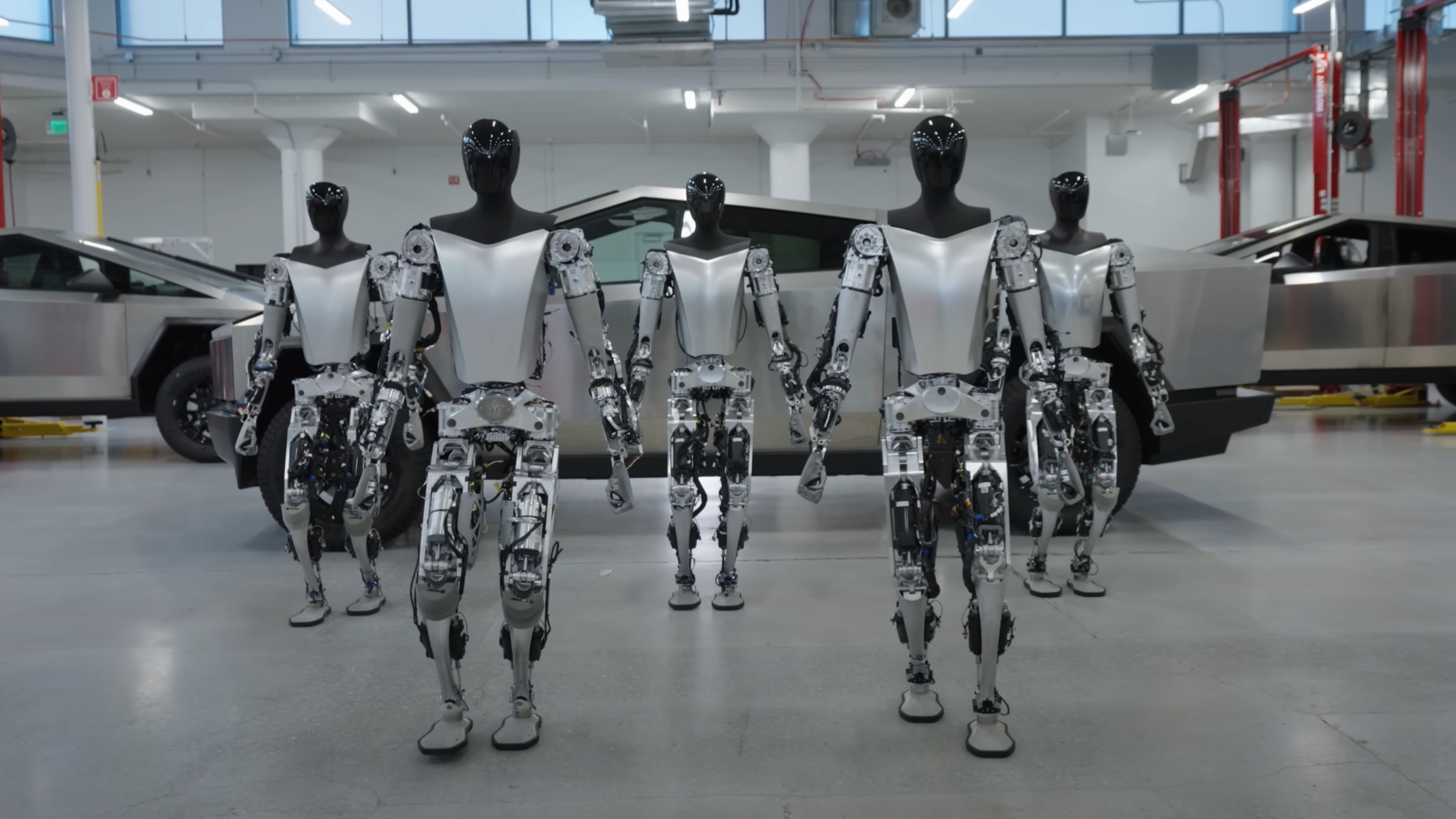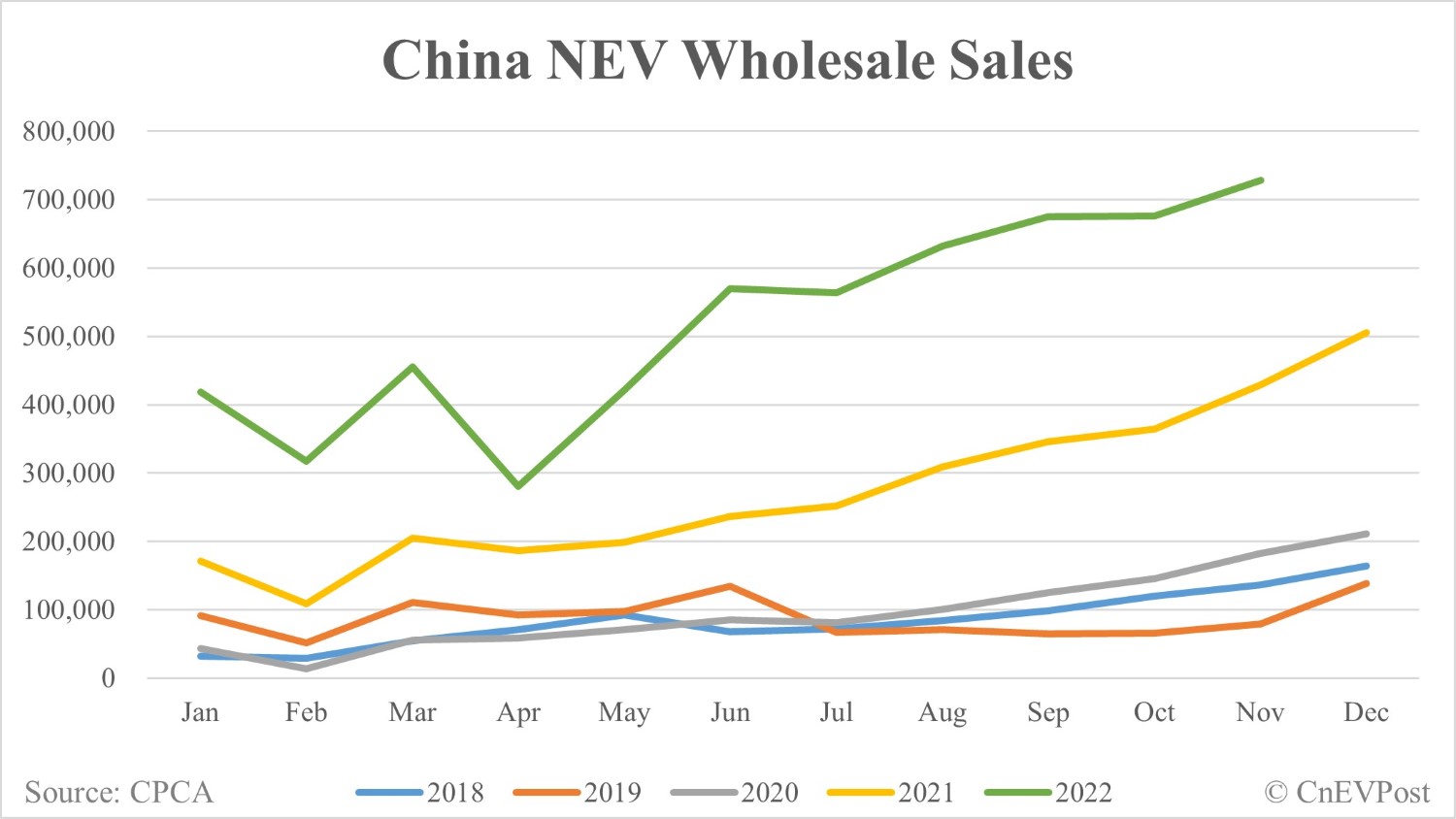Hollywood Production Halted: Actors' Strike Impacts Film And Television

Table of Contents
Key Demands of the Actors' Strike
The actors' strike isn't simply about higher pay; it's about addressing fundamental changes in the industry that have disproportionately affected performers. The core demands reflect a desire for fair compensation, protection from technological advancements, and improved working conditions.
Fair Wages and Residuals in the Streaming Era
The rise of streaming services has dramatically altered the compensation models for actors. Traditional television and film provided residuals – payments to actors each time their work aired – a crucial part of their income. Streaming platforms, however, often offer significantly lower, or even no, residuals, despite potentially massive viewership. This disparity is a central point of contention in the actors' strike.
- Lack of transparency in streaming viewership data: Actors often lack access to accurate data about how many people have watched their work, making it difficult to negotiate fair residuals.
- Insufficient residual payments for streaming platforms: The current residual model is considered inadequate to compensate actors for the widespread reach of their performances on streaming services.
- Demand for increased base salaries: With residuals diminished, actors are pushing for higher base salaries to compensate for the loss of this income stream.
Protecting Actors from AI and Technological Advancements
The rapid development of artificial intelligence (AI) presents a new set of challenges for actors. The ability to generate realistic-looking and -sounding performances using AI raises concerns about job security and the potential misuse of actors' likenesses. The SAG-AFTRA actors' strike includes demands for safeguards against this emerging technology.
- Safeguards against unauthorized use of AI to replicate actors' performances: Actors are seeking contractual protections to prevent studios from using their likenesses or performances to create AI-generated content without their consent or compensation.
- Compensation for the use of AI-generated likeness: The union is demanding fair compensation if AI is used to create a digital likeness of an actor, even if it's for a small role or background element.
- Contractual clauses protecting actors from AI exploitation: Actors want robust contractual language that clearly defines the use of AI and ensures their rights are protected.
Improved Working Conditions
The actors' strike also highlights persistent issues surrounding working conditions within the entertainment industry. Long hours, inadequate safety protocols, and harassment are prevalent concerns.
- Reasonable working hours: Actors are demanding limits on working hours to prevent burnout and exhaustion.
- Enhanced safety measures on film sets: The union is pushing for stricter safety protocols to protect actors from injuries and accidents.
- Stronger measures to prevent and address harassment and discrimination: The strike calls for comprehensive measures to prevent and address harassment and discrimination on set.
Impact of the Actors' Strike on the Entertainment Industry
The actors' strike, alongside the ongoing writers' strike, has created a seismic shift in the entertainment landscape. The consequences are far-reaching and impact various sectors of the industry.
Production Delays and Cancellations
The immediate impact is the halting of numerous film and television productions. This leads to significant financial repercussions for studios and networks.
- List of major productions affected: Numerous high-profile projects, from major studio films to television series, have been put on hold.
- Estimated financial losses for studios and networks: The financial implications of the production halts are considerable and continue to rise with each passing day.
- Impact on related industries like catering and location services: The strike's effects extend beyond the actors themselves, impacting countless individuals and businesses involved in film and television production.
Impact on Streaming Services and Release Schedules
Streaming services are also feeling the pressure. The lack of new content directly affects subscriber retention and advertising revenue.
- Delayed premiere dates: Numerous anticipated releases have been postponed, impacting streaming platform content calendars.
- Lack of new content impacting subscriber retention: Without fresh programming, streaming services may see a decline in subscribers.
- Potential impact on advertising revenue: The absence of new content will decrease advertising opportunities, particularly during key release periods.
Effect on Actors' Careers and Livelihoods
The actors' strike poses significant challenges to actors' financial stability and mental well-being.
- Loss of income for actors: Many actors rely on acting work for their primary income, and the strike creates a significant financial hardship.
- Mental health support needs for actors during this period: The prolonged uncertainty and financial strain can create significant mental health challenges for actors.
- Potential for career setbacks due to lack of opportunities: The lack of production could lead to career setbacks, particularly for those actors whose livelihoods depend on regular work.
Conclusion
The actors' strike is a crucial moment in the history of the entertainment industry. The demands for fair compensation, AI protections, and improved working conditions are not merely about improving actors' lives; they are about ensuring the sustainability and ethical future of the industry itself. Understanding the complexities of this actors' strike is vital for anyone following the evolution of Hollywood. Stay informed about the ongoing negotiations and their potential long-term effects. Continue to follow updates regarding the actors' strike and its impact on the future of film and television.

Featured Posts
-
 Are La Landlords Exploiting The Fire Crisis Through Price Gouging
Apr 22, 2025
Are La Landlords Exploiting The Fire Crisis Through Price Gouging
Apr 22, 2025 -
 Navigating The Chinese Market The Struggles Of Bmw Porsche And Other Automakers
Apr 22, 2025
Navigating The Chinese Market The Struggles Of Bmw Porsche And Other Automakers
Apr 22, 2025 -
 Fbi Probes Millions In Losses From Executive Office365 Account Compromises
Apr 22, 2025
Fbi Probes Millions In Losses From Executive Office365 Account Compromises
Apr 22, 2025 -
 Razer Blade 16 2025 Deep Dive Ultra Performance Portability And Price
Apr 22, 2025
Razer Blade 16 2025 Deep Dive Ultra Performance Portability And Price
Apr 22, 2025 -
 The Complexities Of The Chinese Auto Market Lessons From Bmw And Porsches Experiences
Apr 22, 2025
The Complexities Of The Chinese Auto Market Lessons From Bmw And Porsches Experiences
Apr 22, 2025
